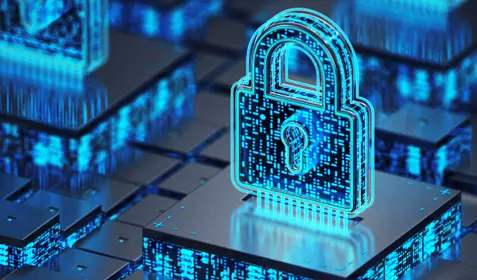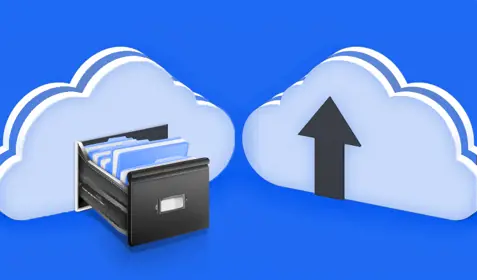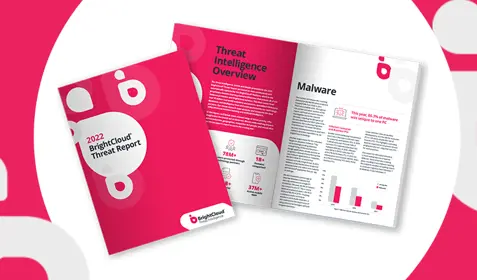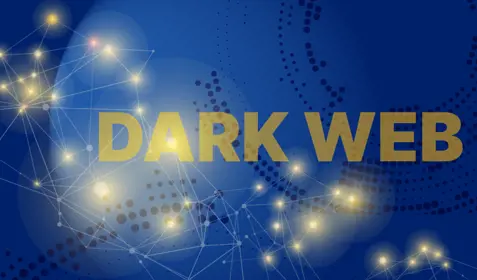Cybercriminals have been attempting to extort money from individuals and companies for many years -- and today there's a new tool making it easier for them to take advantage of others. It's called Ransomware as a Service, or RaaS.
A ransomware virus infects a computer when a user clicks a link and unknowingly download a malicious file. The ransomware virus then encrypts the computer’s files and threatens to render them useless unless the victim pays a ransom. The cost varies greatly and groups sending these out can bring in hundreds of millions of dollars in profits.
RaaS makes it even easier for criminals to deploy ransomware viruses. All they have to choose a ransomware virus, set a ransom amount and deadline, and then trick their victims into downloading it onto their computer.
What to do if systems become infected with ransomware
If you have been attacked with ransomware, consider the following:
- Tell the hacker you will pay, but that you need time to get the cash.
- Gather all correspondence from the hacker.
- Tell the webhosting provider, maybe call the cops, but expect little. If there is a major loss, reach out to the FBI, just know they might not see it as serious.
- Delete all infected files and download clean versions from your backup system. Remember: If you have a quality backup system in place, you won’t need to pay the ransom.
Handling computer viruses
Ransomware isn’t the only type of virus to be on the lookout for. Symptoms of other types of virus infections include programs opening up on their own and a slow computer. Some viruses may send messages from your email account without you knowing about it. Here are some more ways to protect yourself from ransomware and other computer viruses:
- Use both firewall and anti-virus software
- Do not open attachments, links or programs from an email, including those from people you know, until you check for viruses.
- Do not use public Wi-Fi connections unless on a virtual private network or using encryption software.
- Keep security software current, use administrative rights and use a firewall.
- Use the most recent version of your operating system and browser.
- Back up all data.
- Train employees on security measures for all devices.
Consultant Robert Siciliano is an expert in personal privacy, security and identity theft prevention. Learn more about Carbonite’s cloud and hybrid backup solutions for small and midsize businesses.










